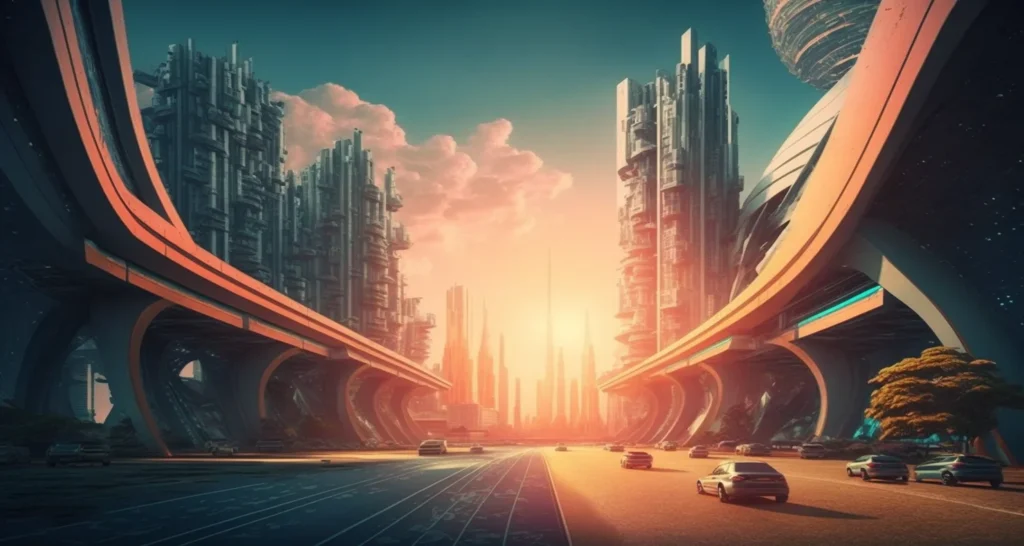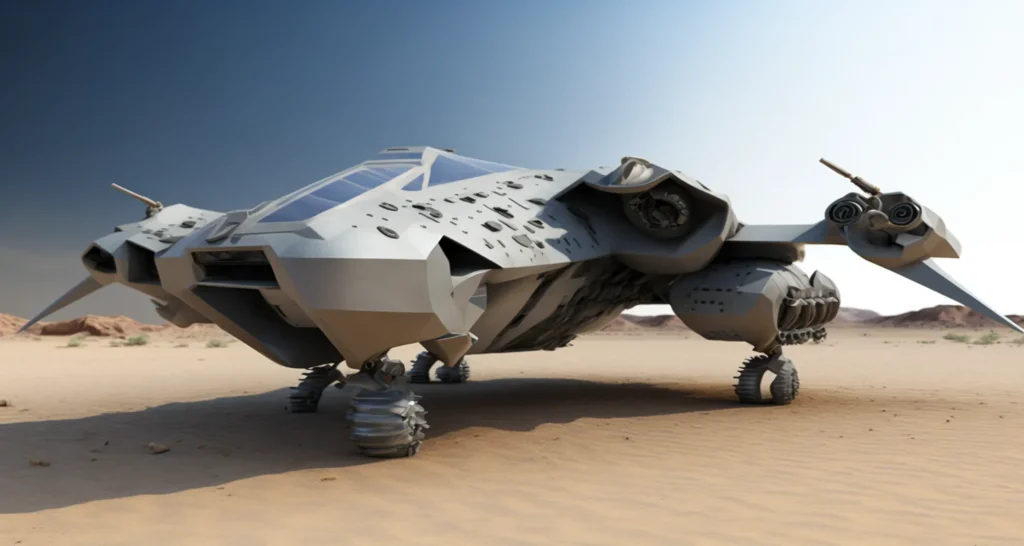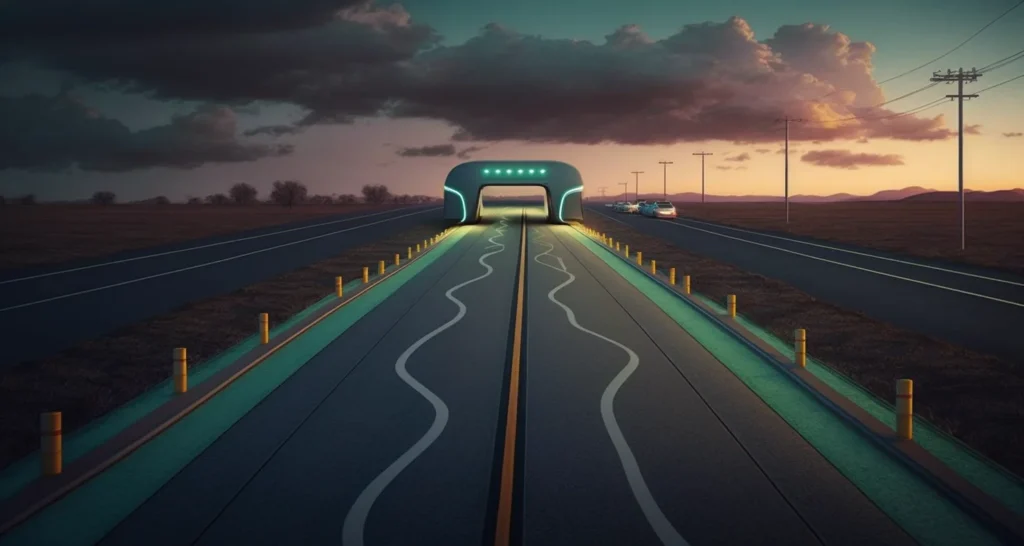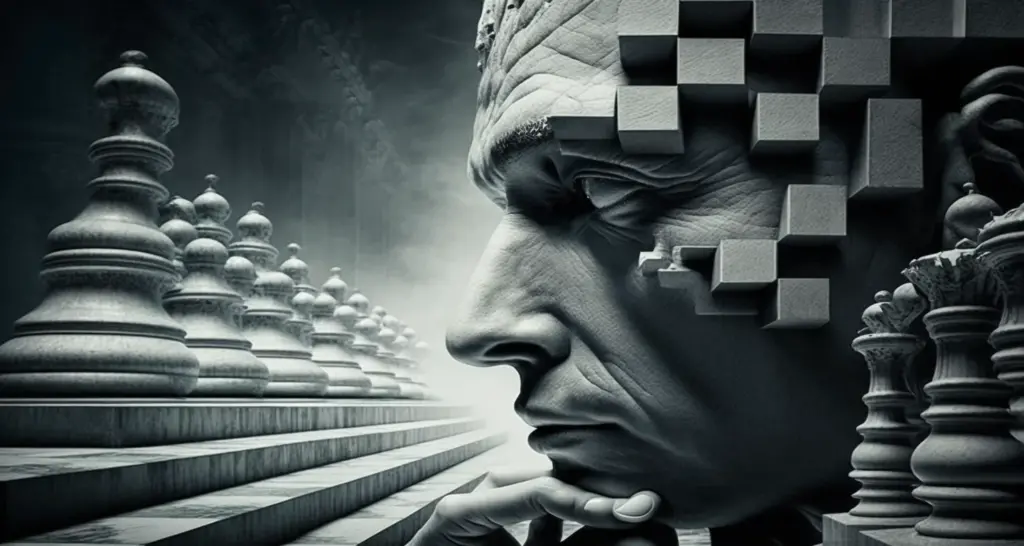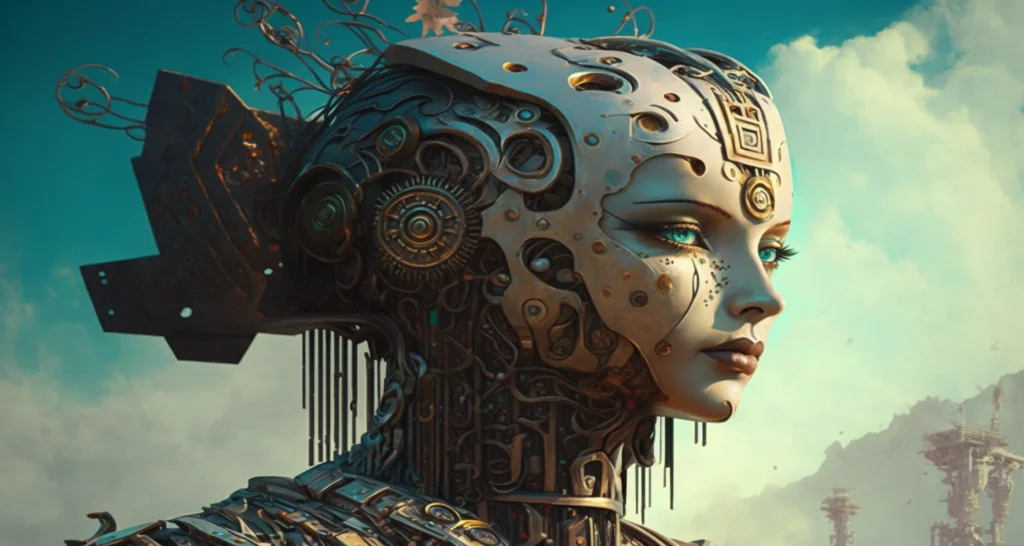Technically, Songdo is considered an extension of Incheon, a large international transportation hub that allows the city to be easily accessible by foreign and domestic travelers. It was essentially a utopia that offered everything that Seoul didn’t and was positioned as a new global economic center, with the right talent and business that would allow it to compete with other Asian markets.
There’s no doubt that Songdo is revolutionary and is by far the most technologically integrated city in the world. But what it forgets in its vision for the city of the future is that cities are designed for people, not for fancy AI features and sensors. What the designers and planners of Songdo should have done was design around the perspective and needs of a human being first with technology acting as the supplement, instead of designing for technology, with humans being just in the peripheral. It’s easy to automate many processes and collect infinite amounts of data- but is it necessary to ensure that a city is performing? Are all aspects of urban performance quantifiable, or can it be described through less tangential measurements like the overall happiness of its residents? Songdo is proof that high-tech cities don’t always equate to high-impact communities.
Here is how Songdo represents a radically new concept of the city: designed with extreme efficiency, totally artificial, apparently without poverty or degradation. The Songdo project is a revolutionary one in the smart cities’ scenario, in its peculiar attempt at realizing “the city of the future”.
Suppose smart cities are conceptually devised with the only focus of implementing cutting-edge technology for more efficient services. In that case, there is the risk of creating an environment prone to the alienation of citizens. Hence, a pivotal aspect to consider is the necessity of preventative and thorough ethical assessment to be carried out when developing smart city projects. A plausible path forward may then be giving precedence to human-centered design in any smart city project. In fact, by emphasizing the human factor, there would be greater chances of containing the excessive intrusiveness of technological surveillance, a-moral automation, and techno-control.
Key Activities: Intelligent buildings, New Songdo, ubiquitous computing, local information


